Discovering Ocean's Poetic Charms
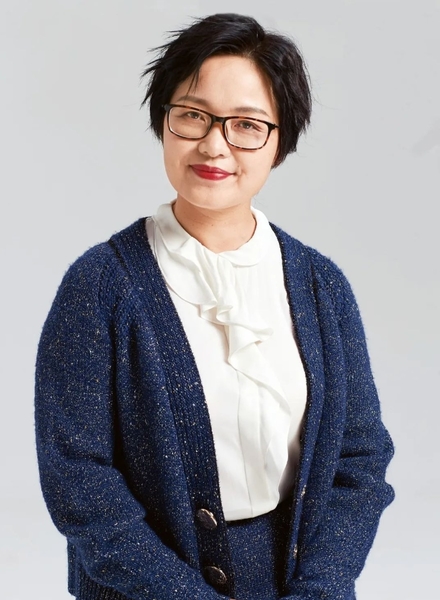
Han Xiqiu is a professor of marine geology from the Second Institute of Oceanography, Ministry of Natural Resources. She was a delegate to the 18th National Congress of the Communist Party of China. Currently, she is a deputy to the 14th National People's Congress (NPC), and Vice-President of the China Women's Association for Science and Technology.
In 2007, Han became the first woman chief scientist of Dayang Yihao (Ocean No. 1), China's main research vessel. She has received many awards and titles, including the State Science and Technology Advancement Award, the National Innovation Strivers Award, the Chinese Young Women in Science Award, National Outstanding Worker in Science and Technology, National Advanced Worker, and National March 8th Red-Banner Holder.
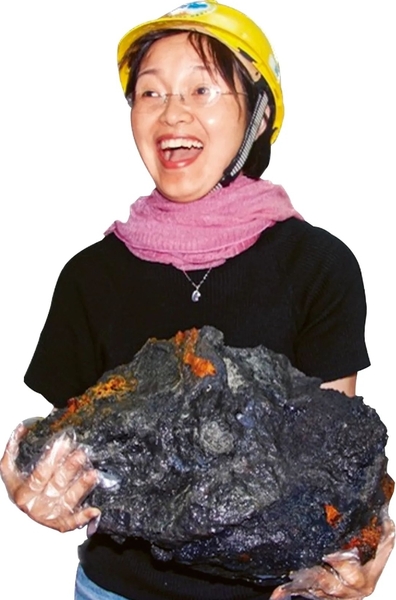
Bond with Ocean
During the Spring Festival this year, Han made a greeting card to extend her best wishes — to family and friends — for a happy Chinese New Year. The card contained two pictures — a sunrise and a sunset. She wrote: "May every sunrise bring you new hope," and "May every sunset leave you with wonderful memories."
Han's hometown is Taizhou, a city near the sea, in east China's Zhejiang Province. In 1986, she enrolled in Chengdu Institute of Geology (predecessor to today's Chengdu University of Technology), where she majored in geology. Given her outstanding academic performance, she was recommended to continue her education — postgraduate studies — at the university. After she received her master's degree, in 1993, Han was employed by the Second Institute of Oceanography, under then-State Oceanic Administration. That is where she began her "voyage of seeking treasures" by exploring the mineral resources hidden deep in the ocean.
In 2005-2006, China launched its first global ocean expedition. Han was assistant to the chief scientist during the phases of exploration in the Pacific and the Indian oceans. In 2007, she served as assistant to the chief scientist during the second leg of Chinese DY 19th cruise, and as chief scientist during the third leg of the mission, becoming the first woman chief scientist in China's history of ocean expeditions.
Han has been appointed chief scientist and/or head of marine scientific cruises 12 times during her career. She has led her team in discovering 12 seafloor hydrothermal fields, which contain polymetallic sulfides, in the Indian Ocean.
In 2022, Han was elected a member of the executive council of the World Federation of Scientific Workers (WFSW). She delivered the keynote speech during the symposium of WFSW, entitled "Ocean-based Approaches for Sustainable Development: Opportunities and Challenges." Her presentation was highly acclaimed by those in attendance.
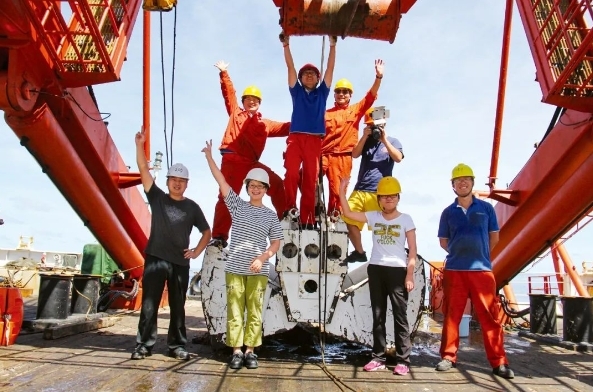
Enjoy Poetic Life
During the ocean expeditions, Han and her team took the privilege of naming the hydrothermal fields they discovered and also the undersea features they detected and mapped. She has named 16 geoentities and four hydrothermal fields in the Indian Ocean. She not only gave those undersea features geographic names, but she also quoted cultural elements from ancient Chinese poetry when giving the names.
What does Han usually do when she is not working on the sea? She conducts research and supervises students; both top her "must-do" list. In her spare time, she likes to cook and take care of the flowers and plants she grows at home.
Han is currently a professor and supervisor of Ph.D. students at several universities, including Zhejiang University and Shanghai Jiao Tong University. "Marine exploration needs more people to be involved. We must lead young scientific workers to the center of the research stage. I am willing to stand behind them, providing them with my best support," she says.
Han also pays attention to the scientific education of children. The significance of popularizing the sciences is about "drawing the youth close to the sciences," by improving their understanding of "what scientific research is about," and "what attitudes and beliefs scientific workers hold in their daily research," she says.
By providing the public with more opportunities to learn about the sciences, scientific workers will gain a better understanding of the needs of society, and they will be better motivated to raise the quality of their research, she adds.
On many occasions, when she communicates with other women scientists, Han offers suggestions on how to empower young women scientists.
"I still think I am an ordinary person. I never thought one day I would become a chief scientist, or that I would be an NPC deputy. I simply insist on doing everything with dedication, and being an honest person. Through my experiences, I hope I can inspire the other women scientists to believe that they also have the potential to be someone and to achieve something. As long as they are willing to persist in their research, they will eventually give full play to their potential," Han concludes.
Photos from Interviewee
(Women of China English Monthly March 2024)
Please understand that womenofchina.cn,a non-profit, information-communication website, cannot reach every writer before using articles and images. For copyright issues, please contact us by emailing: website@womenofchina.cn. The articles published and opinions expressed on this website represent the opinions of writers and are not necessarily shared by womenofchina.cn.?


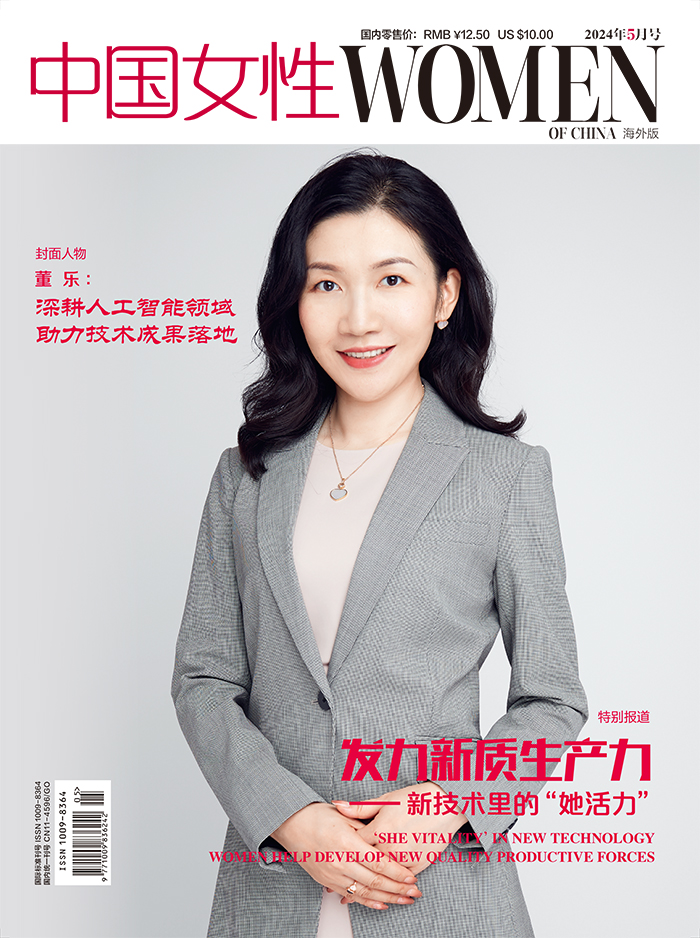


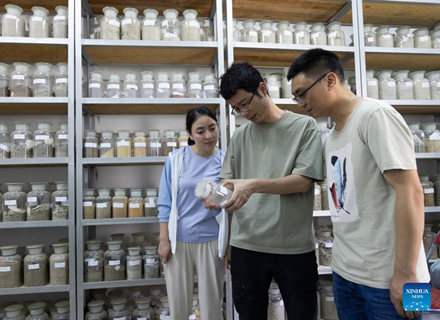


 WeChat
WeChat Weibo
Weibo 京公綱安備 11010102004314號
京公綱安備 11010102004314號